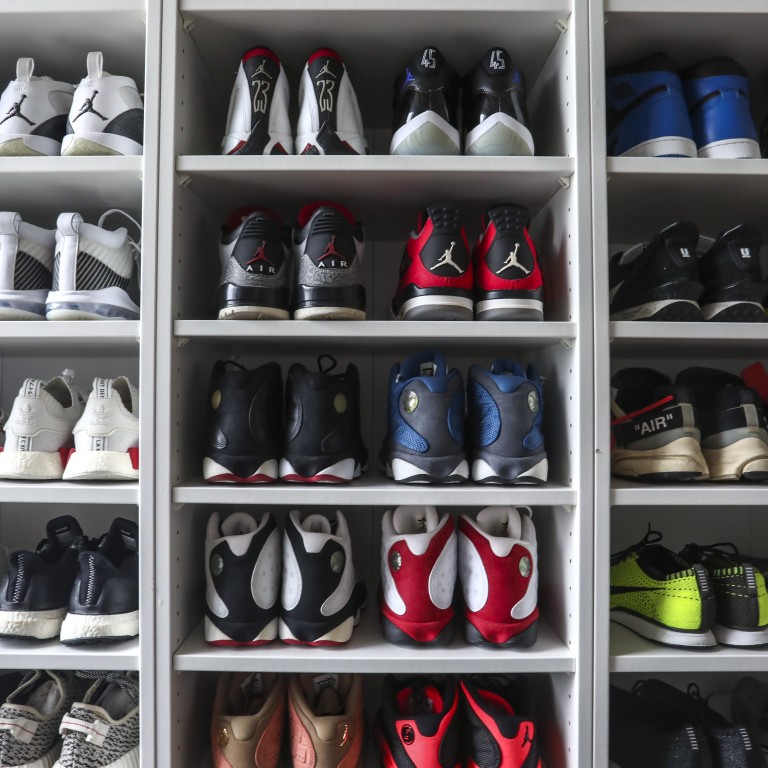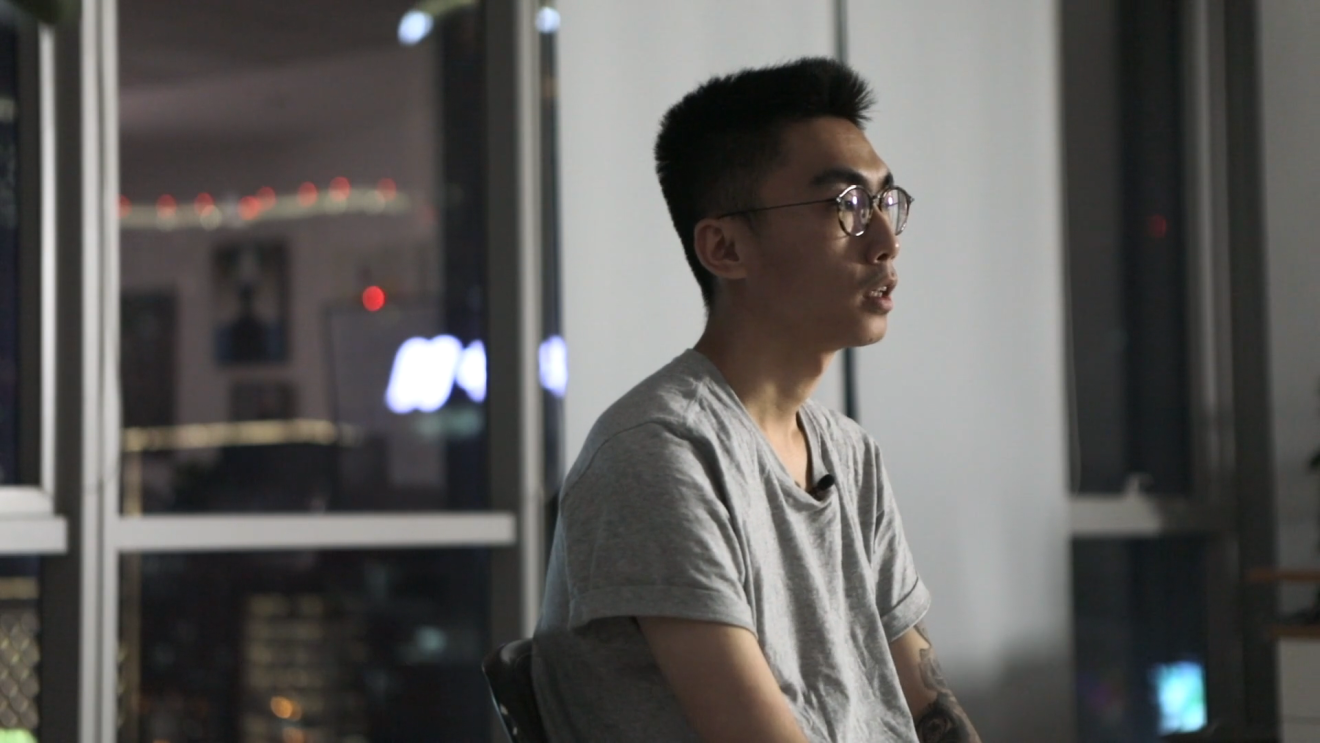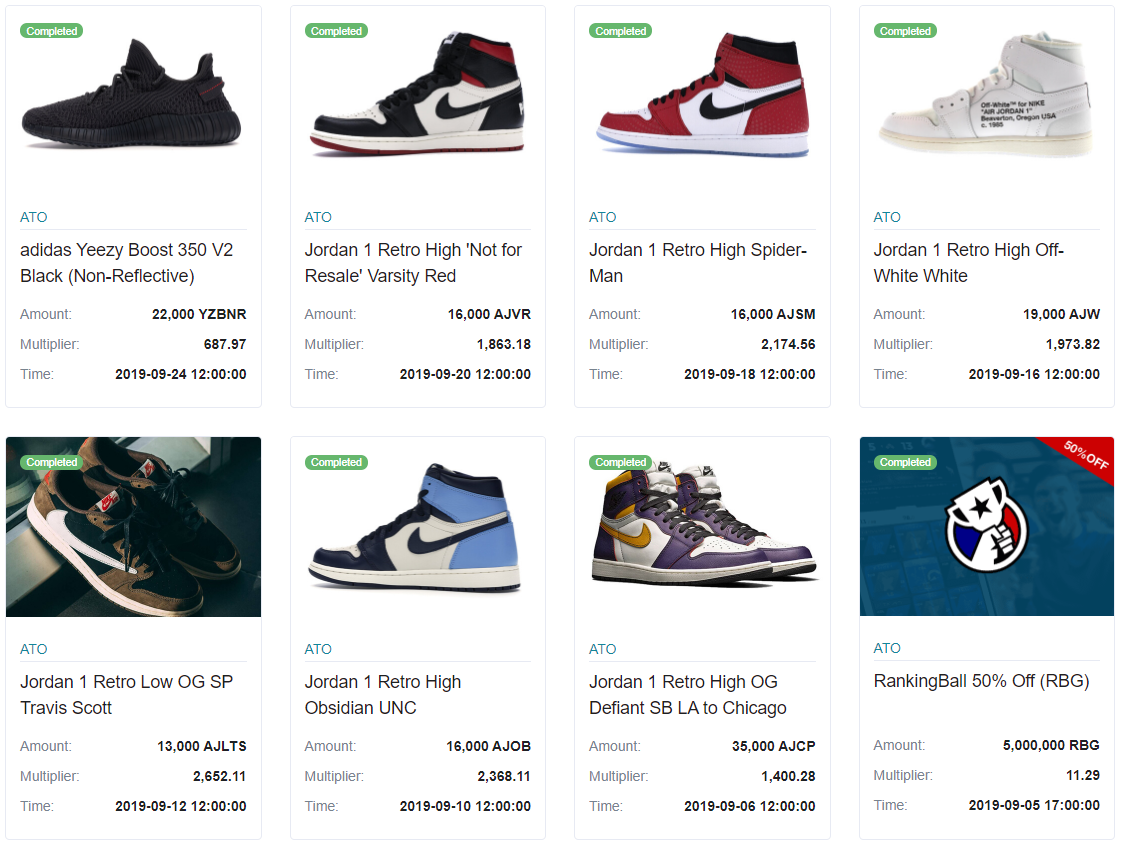
China’s crypto speculators are pushing sneakers into bubble territory
Sneaker investors have their own WeChat groups and are buying fractions of Air Jordans
Over the last few years, reselling expensive and limited edition sports shoes has gone from a niche hobby to a proper business. But in China, the trade is now looking more like a bubble.
But it's not the sneakerheads saying this. It's the country’s central bank.
WeChat, the app that does everything

But much like US ecommerce platform StockX, another unicorn that profited from the sports shoe craze, some of these platforms have enabled people to trade shoes like stocks. This seems to have inspired a new type of sneaker trader, far from the typical young sneakerhead. Limited edition Nike and Adidas shoes are now seen as a hot investment tool by blockchain bros.
“WeChat ‘investor groups’ have proliferated, with group names like ‘XX Sneaker to da moon!’” said Matthew Graham, CEO of Sino Global Capital, adding that the primary interest of these investors is gambling.
“These are similar to the cryptocurrency speculation groups that appeared during 2017’s crypto boom,” he said.
The sneaker trade has also started seeping from niche ecommerce platforms to big-time cryptocurrency exchanges, where highly prized shoes are bought and sold with Bitcoin and other cryptocurrencies.

In China, the trading of tokens and cryptocurrencies is banned, but this hasn't stopped some Chinese investors from using workarounds to buy them. This is accompanied by slick crypto marketing concepts that lead to excessive speculation, Graham said.
“For certain brands and types of sneakers, the increased hype has led to wild volatility and trading prices fundamentally disconnected from real-world value,” he said.
The speculation has ended up hurting the sneakerheads themselves in China. Although they’re often perceived as young fashion victims with plenty of money to throw around, some are actually relying on readily-available online loans to finance their style choices. Traders often say they got into the game in order to support themselves by doing the thing they love.
We reached out to Poizon and Nice, but they didn't respond to our request for comment.
Since the PBOC issued its briefing, sneaker-selling platforms like Nice removed their price charts. Warnings about losing money and counterfeit goods, another problem plaguing the sneaker trade, have also been circulating.
But it’s unclear whether this will dampen speculation. There’s no indication yet that interest among investors is waning. They even have a new catchphrase: “Real estate is not as good as stocks, stocks are not as good as shoes.”
For more insights into China tech, sign up for our tech newsletters, subscribe to our Inside China Tech podcast, and download the comprehensive 2019 China Internet Report. Also roam China Tech City, an award-winning interactive digital map at our sister site Abacus.

